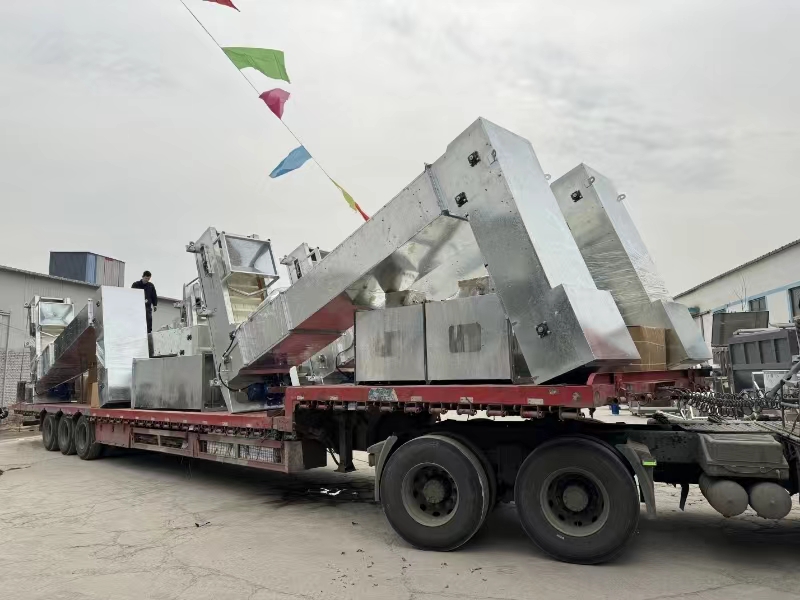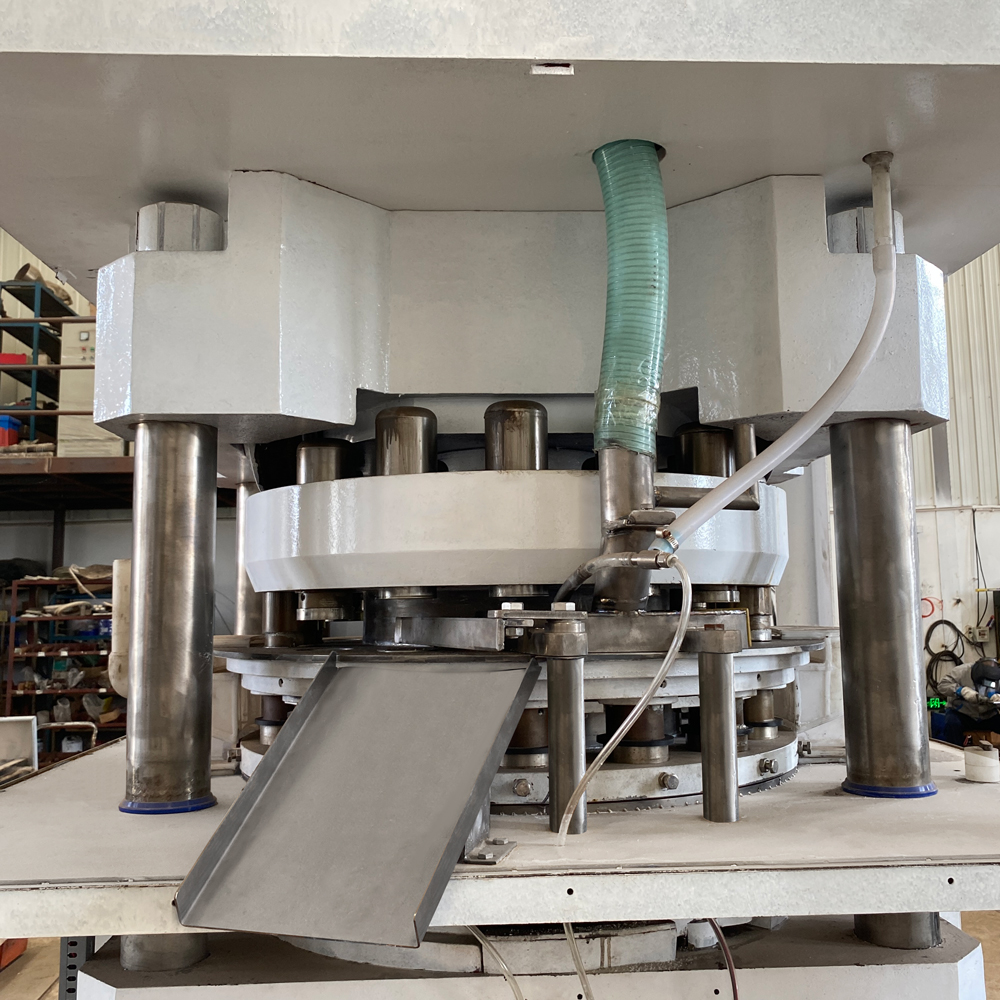

In modern pharmaceutical industry, tablet press is a key equipment used for preparing tablets, especially in large-scale production processes. With its high efficiency and stable performance, rotary tablet press has become an indispensable and important machinery on the production line of pharmaceutical enterprises. With the increasing demand for production efficiency, product quality, and cost control in the pharmaceutical industry, the role of rotary tablet presses in drug production has become increasingly prominent. This article will analyze the key role of rotary tablet presses in the pharmaceutical industry and explore their advantages.

1. Efficient production capacity
The biggest feature of a rotary tablet press is its efficient production capacity. Compared to traditional single stamping machines, rotary tablet presses can achieve production efficiency of thousands to tens of thousands of tablets per minute by simultaneously operating multiple tablet molds. This makes it the preferred equipment for large-scale pharmaceutical companies, especially when producing large quantities of conventional drugs. The rotary tablet press can meet the high production demand and significantly improve production efficiency.
2. Accurate quality control of tablet pressing
The rotary tablet press adopts advanced technology, such as precise control of pressure and speed, to ensure that the weight and shape of each tablet are consistent. This precision is particularly important for the pharmaceutical industry, as the dosage of drugs must be strictly in accordance with standards to ensure the stability and safety of drug efficacy. The rotary tablet press can monitor and adjust various parameters during the tablet pressing process in real time through an automated control system, effectively reducing human operation errors and ensuring high consistency in drug quality.
3. Automation and Continuous Production
The rotary tablet press has a high degree of automation and can achieve fully automatic continuous production from powder filling to tablet completion. This not only reduces the cost of manual operation, but also reduces product defects or quality fluctuations caused by human factors. Automated production can also achieve real-time collection and analysis of production data, which helps enterprises make more accurate decisions in quality control and production scheduling.
4. Flexible adaptability and diverse pharmaceutical needs
Modern rotary tablet presses have high flexibility and can adapt to various types of tablet production needs. Whether it is a single ingredient regular tablet, or a composite tablet or sustained-release tablet that requires special treatment, the rotary tablet press can efficiently complete the task. At the same time, the rotary tablet press can also adjust parameters such as mold size, tablet pressure, and speed according to the needs of pharmaceutical companies to meet the requirements of different production batches and drug specifications.
5. Reduce production costs
Although the initial investment of the rotary tablet press is relatively high, in the long run, it can effectively reduce production costs. By improving production efficiency, reducing manual intervention, and enhancing the consistency of drug production, the rotary tablet press can increase production capacity per unit time while ensuring quality, thereby significantly reducing the production cost of each drug tablet. In addition, the efficiency of the equipment also means less energy consumption, which helps to achieve green production and is in line with the modern pharmaceutical industry's increasing emphasis on environmental protection and sustainable development.
6. Meet strict pharmaceutical standards
The pharmaceutical industry has strict requirements for equipment hygiene, safety, and compliance with drug production standards. The rotary tablet press was designed with this in mind, using materials such as stainless steel that are easy to clean and corrosion-resistant, and all parts that come into contact with drugs are certified according to strict hygiene standards to ensure hygiene and safety during the drug production process. In addition, the enclosed system of the equipment can effectively prevent external pollution and further ensure the quality of drugs.
7. Future Development Trends
With the development of the pharmaceutical industry towards intelligence and personalization, rotary tablet presses are also constantly undergoing technological innovation. The future rotary tablet press will be more intelligent, with more flexible production scheduling functions, able to automatically adjust production parameters based on real-time production data, further improving production efficiency and product quality. At the same time, by combining big data and artificial intelligence technology, rotary tablet presses can achieve more accurate quality monitoring and prediction, helping pharmaceutical companies better respond to changes in market demand.
The rotary tablet press has become an indispensable and important equipment in the pharmaceutical industry due to its high efficiency, stability, and automation. With the continuous advancement of technology, rotary tablet presses will continue to play a key role in pharmaceutical production, not only helping companies improve production efficiency and reduce costs, but also ensuring the quality and safety of drugs. In the future, rotary tablet presses will continue to upgrade in the wave of intelligent and green production, making greater contributions to the sustainable development of the pharmaceutical industry.